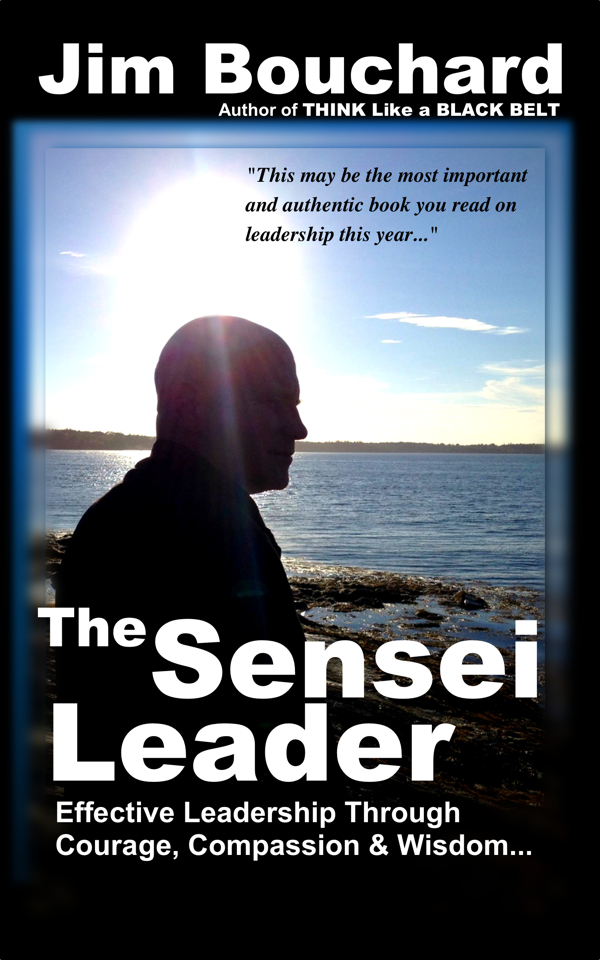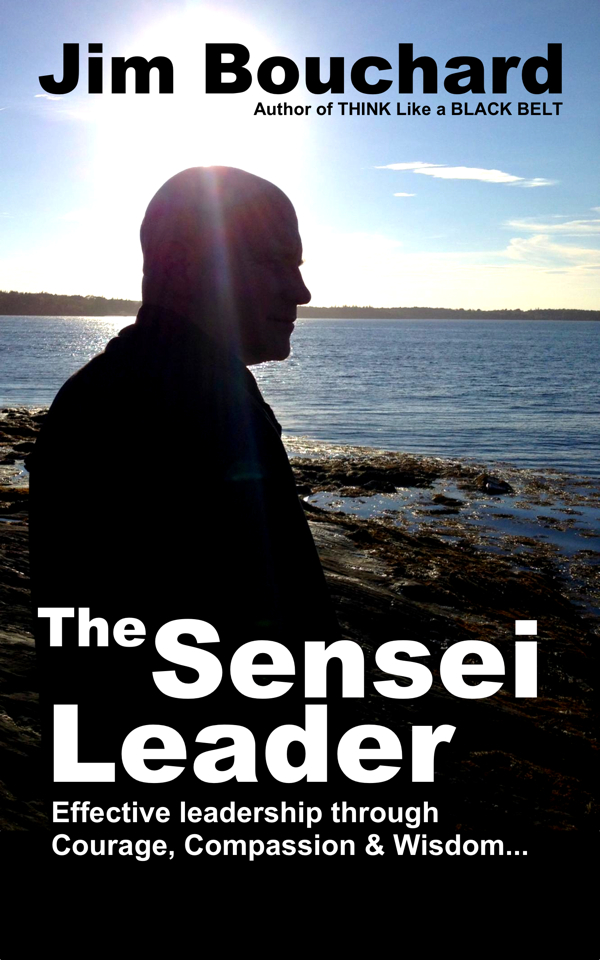 I’ve done about 5 events over the past two weeks, and this topic keeps coming up in some form. How do you close the gap between management/authority and genuine leadership? Can “managers” learn to be effective leaders?
I’ve done about 5 events over the past two weeks, and this topic keeps coming up in some form. How do you close the gap between management/authority and genuine leadership? Can “managers” learn to be effective leaders?
I say YES!
Here’s an excerpt from THE SENSEI LEADER:
“… someone can be vested with a tremendous amount of authority without the capacity to act effectively—without the ability to perform in any meaningful way.
That’s the very definition of the proverbial “empty suit.” Here’s another helpful observation from John W. Gardner:
One reason corporate and governmental bureaucracies stagnate is the assumption by line executives that given their rank and authority, they can lead without being leaders. They cannot. They can be given subordinates, but they cannot be given a following.
A following must be earned.
In the same way, The Sensei must earn the authority vested in him by his students.
There are plenty of talented martial artists that make lousy teachers. There are also plenty of talented managers, bureaucrats and administrators that make lousy leaders.
 There is an epidemic of people infecting positions of authority who may have outstanding domain knowledge or even a record of high performance in other positions, but still just don’t have what it takes to be a true leader.
There is an epidemic of people infecting positions of authority who may have outstanding domain knowledge or even a record of high performance in other positions, but still just don’t have what it takes to be a true leader.
That’s exactly what fuels the tired debate over leadership versus management.
Managerial skills are by nature more technical and functionary. You need those skills to manage process.
Leadership skills are those that make you more effective in your relationships with people.
Management always refers to a position of authority—a title. A title or position is almost always conferred by superiors or advisors and may or may not involve input from subordinates or followers.
You can also establish authority simply by acquiring a title and convincing others that you know more than they do. You can dictate a strict culture full of perfunctory rituals that reinforce your authority, status and position. You can increase authority through political maneuvering, lying and cheating.
You can even attain a position of authority by being a jerk!
Authentic leadership, on the other hand, is always dependent on acknowledgement from subordinates and peers.
No followers—no leader!
Authority is always limited by the willingness of the people under you to share their talents and abilities.
A manager may have the authority to dictate the performance of certain tasks. It takes a genuine leader to inspire the best performance in others.
Dwight D. Eisenhower sums it all up quite neatly:
“Leadership is the art of getting someone else to do something you want done because he wants to do it”
You may express leadership from a position of authority as a manager, boss, commander or executive. You may also express leadership peer to peer or up the ranks as well as down.
You can’t always share authority, and sometimes you shouldn’t.
Leadership can and should always be shared––at all levels.
Leadership is not only possible at all levels, leadership is your responsibility …
… At all levels.

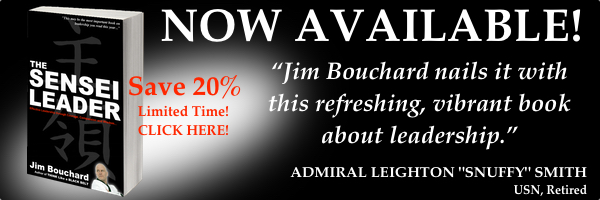


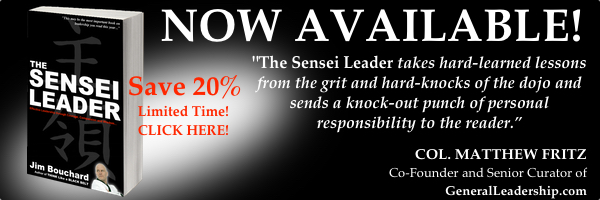

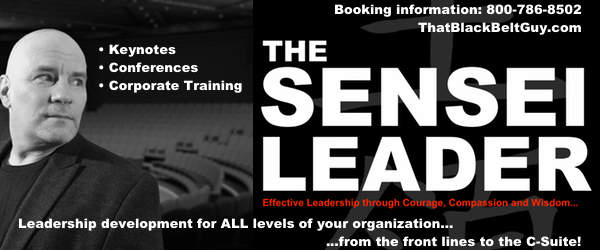

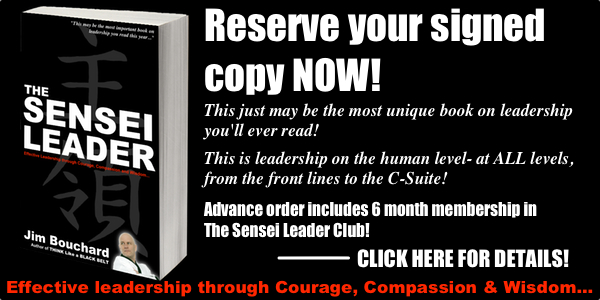





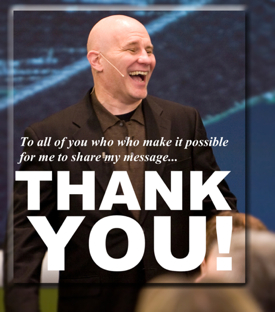
 For my wonderful, loving and supportive wife and business partner, Alex…
For my wonderful, loving and supportive wife and business partner, Alex…